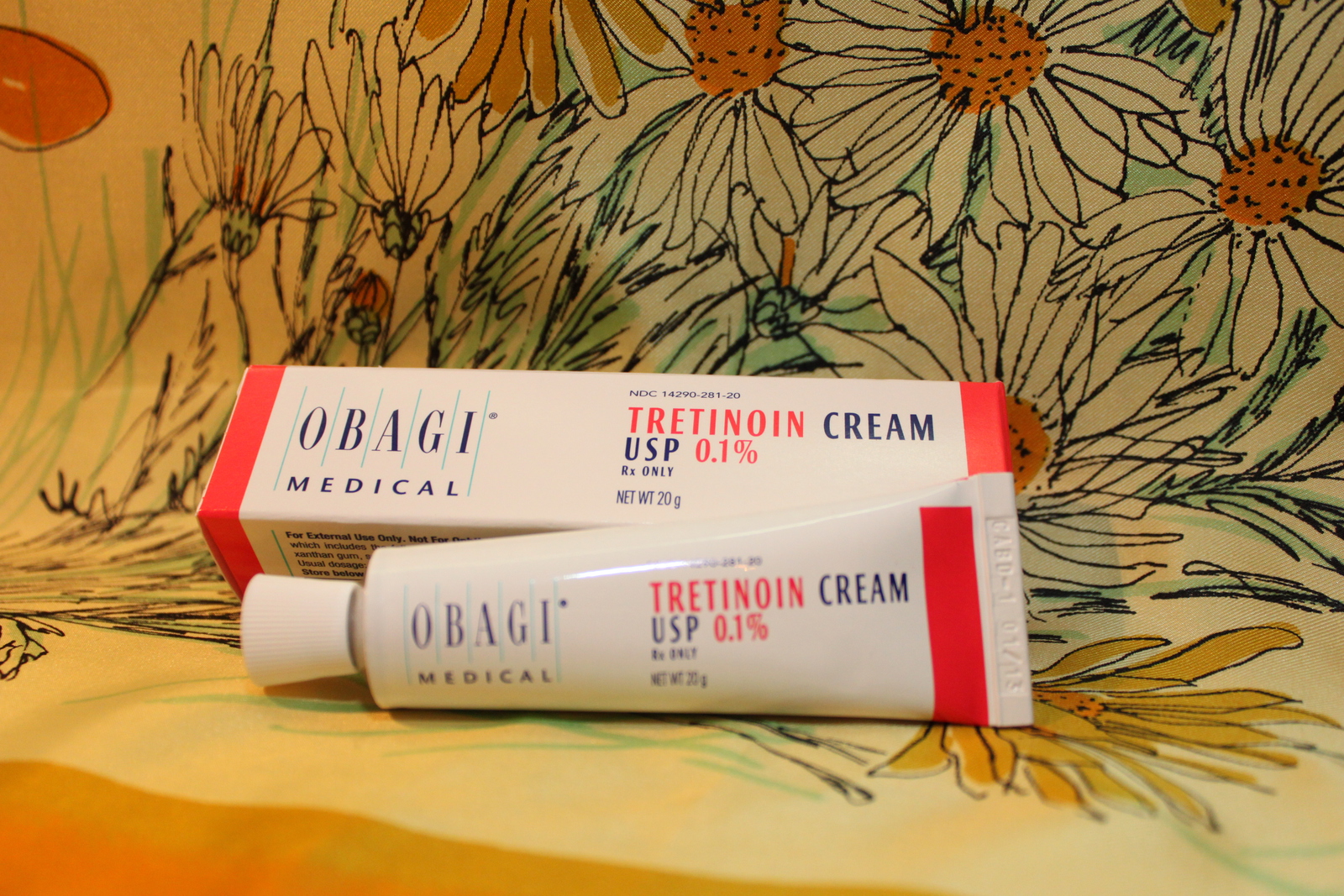Retinoids are known to help treat acne breakouts, but they’re also proven effective in reducing signs of aging and sun damage. Tretinoin is a prescription strength retinoid and can be more potent than other retinoids, like adapalene and retinol, which are typically found in OTC products.
Using a retinoid is effective, but you may experience side effects like dryness, irritation or redness. To minimize these side effects, always use sunscreen during the day and apply a moisturizer at night.
What is retinol?
Retinol is a form of vitamin A that is available over the counter (retinols) and by prescription (tretinoin). It helps fade spots, promote cell turnover, and keep pores clear. It also strengthens skin and reduces signs of aging.
Retinoids have become prized for their anti-aging properties, and for good reason, says Dr Ewoma, founder of SKNDoctor. “I’m a true retinol stan and I believe it is one of the best ingredients you can use for your skin,” she says. Retinoids increase cell turnover, which results in radiant skin that appears more even and firmer. They also help reduce dark spots like blemishes and sun damage and treat skin hyperpigmentation.
However, retinoids do make the skin sensitive to the sun, so it’s important to wear a broad-spectrum sunscreen during the day while using them. You should also avoid harsh exfoliants and chemical peels while you’re using retinol, as these can irritate the skin. It takes time to see results, so it’s crucial to be consistent.
What is tretinoin?
Tretinoin is the chemical form of vitamin A that requires a prescription from a doctor. It works well as an acne treatment and is also effective at improving skin tone, texture, hydration, and pigmentation.
It increases skin cell turnover, thereby exfoliating away dead skin cells and preventing the accumulation of clogged pores that lead to acne. It also stimulates collagen production, which helps reduce fine lines and wrinkles. It evens out skin tone by dispersing the granules of melanin, which is a natural pigment that gives your skin, hair, and eyes its color.
When using tretinoin, it’s important to avoid sun exposure and use sunscreen every day. It’s also helpful to moisturize with a serum containing hyaluronic acid or another deep hydrator. It’s also important to avoid using soaps or other cleansers that contain drying ingredients, like sulfates and salicylic acid. Wash your face 2 to 3 times a day with a gentle cleanser and pat dry (do not scrub). Avoid excessively washing or scrubbing, as this can cause skin irritation.
How does tretinoin work?
Retinoids are heavy hitters when it comes to anti-aging. They’re particularly effective at reducing signs of photoaging, like sun spots and fine lines, as well as increasing collagen production.
They work by irritating skin, prompting it to divide and die, so new cells can take their place. This also helps with acne. It’s important to note that retinoids can make the skin sensitive to sunlight, so you should wear sunscreen and avoid direct exposure when using this product.
You may experience some peeling or irritation when you first start a retinoid, which should go away with time. It’s important to avoid abrasive scrubs or drying products, as these can cause more redness and irritation. Retinoids can interact with some medications, so it’s important to let your dermatologist know what you’re taking. They can help you find the right concentration of tretinoin for your skin and guide you on how to use it properly. For example, you should only apply a pea-sized amount, as any more can irritate the skin.
What is the difference between retinol and tretinoin?
Retinol is a fat-soluble vitamin that can remain in your body for long periods of time. It can be converted into tretinoic acid in your liver and used for many biological functions, like skin growth and repair.
Both retinol and tretinoin are powerful anti-aging treatments that can help fight the appearance of wrinkles, hyperpigmentation, uneven skin tone, fine lines and sun damage. But what is the difference between the two? Tretinoin is more powerful and requires a prescription, while retinol is less potent and can be purchased over the counter.
Both retinol and tretinoin work by increasing skin cell turnover to remove dead, excess skin cells. They can also stimulate the production of collagen to strengthen and firm your skin. However, tretinoin is more effective for reducing acne breakouts and fine lines and wrinkles. It can be a little more harsh on the skin than retinol, especially if you have any underlying conditions like rosacea or sensitive skin.tretinoin vs retinol



